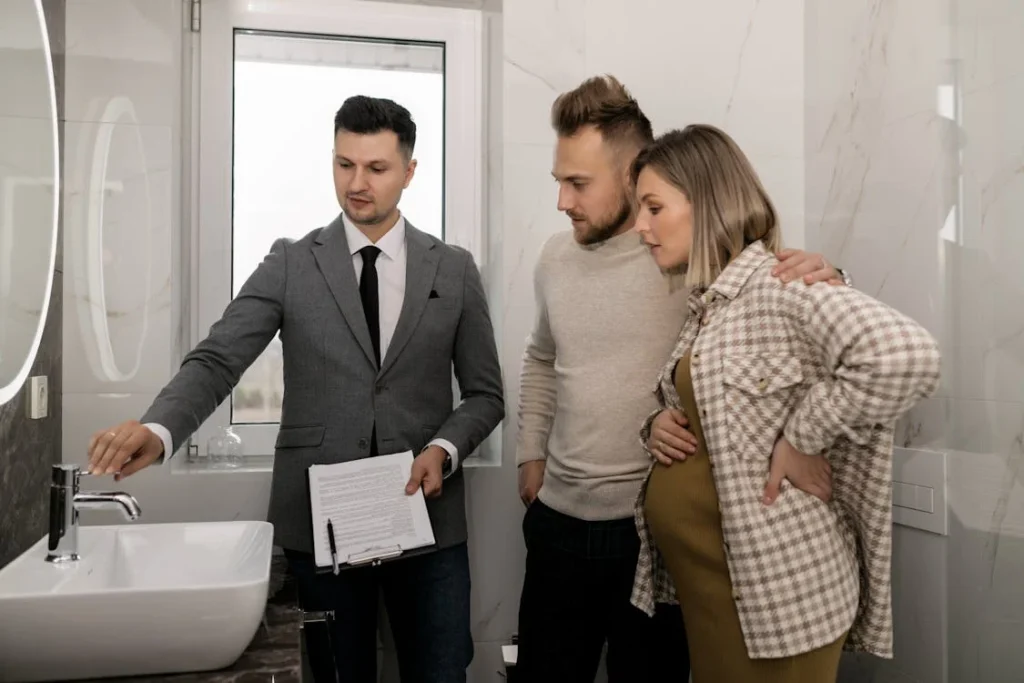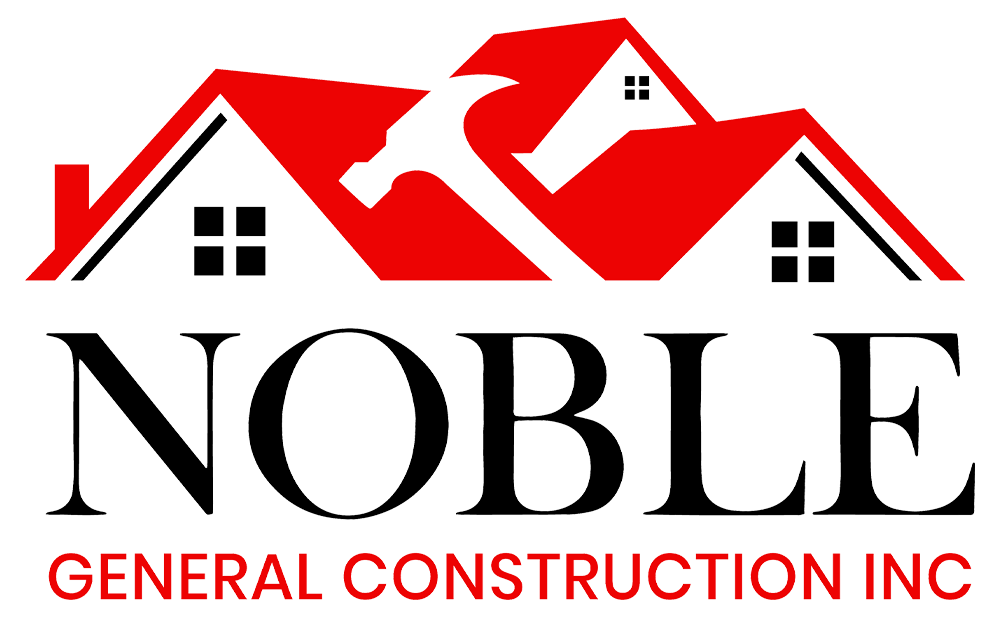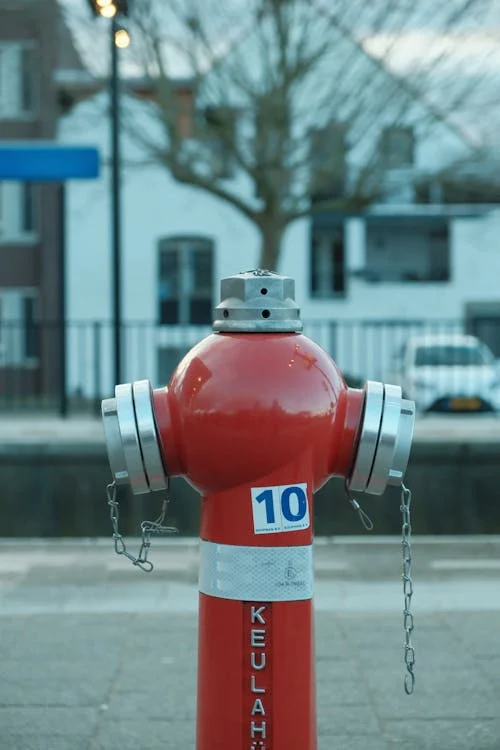Plumbing is one of the most essential aspects of any home, and maintaining it properly can prevent a multitude of issues down the road. Whether you’re dealing with a leaky faucet, a clogged drain, or more significant problems like pipe bursts or water heater failures, having a solid understanding of what plumbing services your home might need is key.

This article serves as the ultimate plumbing services checklist for homeowners, helping you keep your plumbing in top shape and avoid costly repairs in the future.
1. Regular Pipe Inspections
One of the most important things homeowners can do to ensure a well-functioning plumbing system is schedule regular pipe inspections. Pipes, especially older ones, are vulnerable to wear and tear. Over time, corrosion, tree root intrusion, and even shifting ground can cause pipes to crack, leak, or burst.
By scheduling regular inspections with a licensed plumber, you can spot early signs of damage before they turn into significant issues. During these inspections, your plumber will use specialized tools, such as video cameras, to check for blockages, cracks, or leaks. Early detection can save you from expensive repairs and water damage.
2. Drain Cleaning
Clogged drains are a common plumbing issue that can lead to frustrating backups and slow drainage. While it’s tempting to rely on DIY solutions like chemical drain cleaners, these can often cause more harm than good by damaging your pipes. Instead, regular professional drain cleaning is the way to go.
A professional plumber can use hydro-jetting or other effective techniques to clear blockages and buildup, ensuring your drains flow freely. Scheduling routine drain cleaning—once a year or every other year—will help keep your plumbing system running smoothly.
3. Water Heater Maintenance and Repair
Your water heater is one of the hardest-working appliances in your home, and without proper care, it can break down when you least expect it. A well-maintained water heater ensures you always have hot water for your daily needs.
Routine maintenance involves flushing the tank to remove sediment buildup, checking the anode rod to prevent corrosion, and ensuring the thermostat is functioning correctly. If you notice issues such as inconsistent water temperature or strange noises coming from your water heater, it’s time to call a plumber for repair or replacement.
4. Fixing Leaky Faucets and Fixtures
A leaky faucet may seem like a minor inconvenience, but it can waste a surprising amount of water and raise your utility bills over time. Leaky faucets are often caused by worn-out washers, seals, or valves. If left untreated, a small leak can escalate into a much bigger problem, requiring expensive repairs.
Having a professional plumber address leaky faucets and fixtures promptly can save you money and prevent water damage. Regularly check your faucets and fixtures for leaks, and schedule repairs when needed.
5. Toilet Repairs and Maintenance
Your toilet is one of the most frequently used fixtures in your home, and it’s bound to encounter issues from time to time. Common toilet problems include running toilets, clogged toilets, and weak flushing. A running toilet can waste hundreds of gallons of water a day, so it’s important to address this problem as soon as it arises.
Plumbers can fix issues like faulty flappers, fill valves, and flush handles. If you have an older toilet, consider upgrading to a more water-efficient model to conserve water and lower your utility bills.
6. Water Pressure Check
If you’ve noticed weak water pressure in your shower or kitchen faucet, it could indicate an underlying plumbing problem. Low water pressure can be caused by a variety of issues, including mineral buildup, leaks, or problems with the municipal water supply. A professional plumber can assess your water pressure and identify the root cause of the issue.
If mineral buildup is to blame, your plumber may suggest descaling your pipes or installing a water softener. If the problem is more serious, such as a leak or pipe damage, it’s essential to have the issue addressed as soon as possible to prevent water waste and potential damage.
7. Preventative Plumbing Maintenance
Regular plumbing maintenance is essential to avoid unexpected plumbing emergencies. Preventative maintenance includes things like cleaning out your gutters to prevent water from entering your pipes, checking for signs of leaks, and ensuring that your sump pump is functioning correctly.
By taking proactive steps to maintain your plumbing system, you’ll reduce the likelihood of unexpected breakdowns and avoid the inconvenience and expense of emergency repairs.
8. Sewer Line Inspection and Repair
Sewer line issues are often overlooked until it’s too late. If you notice foul smells, slow drains, or sewage backups in your home, it may be time to schedule a sewer line inspection. A professional plumber can perform a video inspection of your sewer line to check for blockages, cracks, or tree root intrusions that could be causing problems.
Sewer line repairs can be expensive, but catching issues early on can save you from more extensive and costly repairs later. Regular sewer line inspections should be part of your plumbing maintenance plan.
9. Installation of Water Filtration Systems
Water quality is a growing concern for many homeowners. Installing a water filtration system can ensure that the water coming into your home is free from harmful contaminants. A plumber can assess your water quality and recommend the best filtration system for your needs.
Whether you’re interested in a whole-house filtration system or a smaller under-sink option, professional installation ensures that your water is clean and safe to drink and use for everyday tasks.
10. Emergency Plumbing Services
No matter how well you maintain your plumbing system, emergencies can happen. Burst pipes, sewer backups, and water heater failures can occur at any time. Having an emergency plumber on call ensures that you can quickly address any urgent issues to prevent further damage to your home.
When choosing an emergency plumber, make sure they are licensed, insured, and available 24/7 to handle plumbing emergencies quickly and efficiently.
Conclusion
Maintaining your home’s plumbing system is essential to preventing expensive repairs and ensuring your family’s comfort and safety. By following this ultimate plumbing services checklist, homeowners can stay ahead of potential issues and enjoy a smoothly functioning plumbing system. Regular inspections, timely repairs, and preventative maintenance can make a significant difference in the longevity and efficiency of your plumbing system.
FAQs
1. How often should I schedule a plumbing inspection?
It’s recommended to schedule a plumbing inspection at least once every two years to catch potential issues early. However, if your home has older plumbing or you’re experiencing frequent issues, you may want to inspect more often.
2. What causes low water pressure in my home?
Low water pressure can be caused by various factors such as mineral buildup in pipes, leaks, or problems with the water supply. A plumber can diagnose and resolve the issue.
3. How can I prevent clogged drains?
Avoid putting grease, hair, food scraps, and other debris down your drains. Regular drain cleaning by a professional can also help prevent clogs from forming.
4. How do I know when it’s time to replace my water heater?
Signs that your water heater needs replacing include inconsistent water temperature, strange noises, leaks, or an older system that’s more than 10-15 years old.
5. Is it worth investing in a water filtration system?
Yes, if you’re concerned about the quality of your water, a water filtration system can improve the taste and safety of your water by removing contaminants like chlorine, heavy metals, and bacteria.





